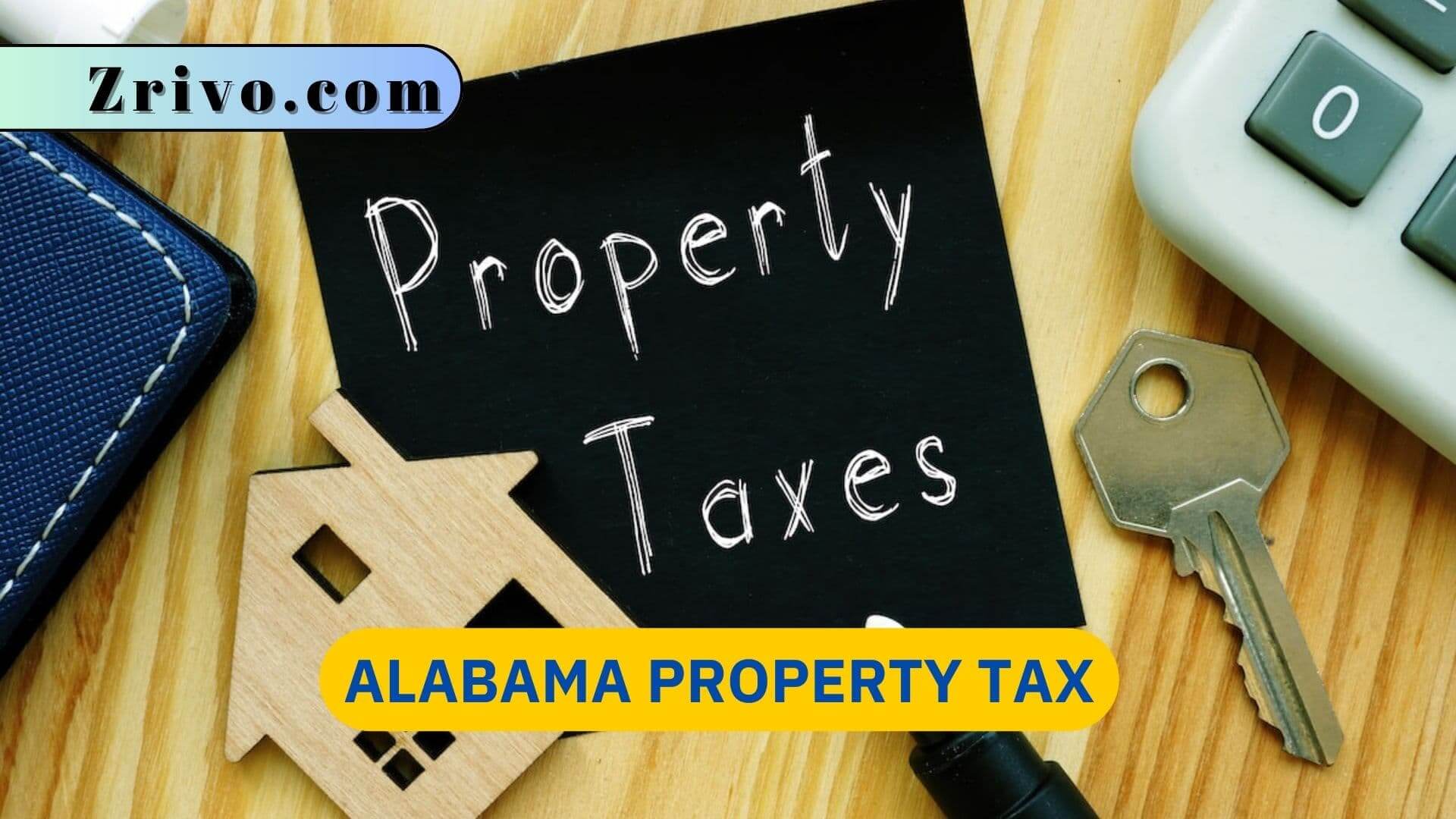Alabama Property Tax
Property taxes are an essential way that Alabama raises funds for libraries, emergency services, and roads. Understanding how Alabama Property taxes are calculated can help property owners navigate this complex system with confidence and financial savvy.

Contents
Alabama property tax is a state tax on real property. It is based on the value of the land and buildings and helps support local services. Property taxes are a critical component of the state budget. It’s important to understand the nuances of Alabama property tax laws to ensure that you’re paying your taxes accurately and on time. To calculate your property tax, start with the assessment rate, which is calculated by multiplying your property’s classification by its taxable value. Then, multiply that number by the millage rate set by local governments. The result is your unadjusted tax bill.
Alabama Property Tax Calculation
The state of Alabama has one of the lowest property tax rates in the nation. But determining how much you should pay can be complicated. The process depends on factors such as property classification, millage rates, and exemptions. In addition, your property’s appraised value will play a crucial role in the calculation.
To determine how much you should pay, multiply your property’s assessed value by the appropriate millage rate. Then, add any applicable deductions or exemptions. For example, if you own a homestead and have a household income of less than $12,000 per year, you may be eligible for an exemption. You can apply for this exemption by submitting an application and supporting documents to your county tax assessor’s office.

Alabama Property Tax Exemption
The nuances of Alabama’s property tax laws create a fiscal landscape that is as distinctive as the state itself. Whether your property is a sleek condo in Birmingham or acres of untamed forest in the heart of Dixie, it will be classified according to specific criteria that determines its taxable value. Moreover, millage rates—simply innocuous numbers at first glance—shape the broader landscape of your property tax liability, influencing how much you will be required to pay each year.
But these seemingly innocuous numbers can significantly decrease your property taxes if you qualify for one of the many available exemptions. From nonprofit status to a homestead for individuals with permanent and total disability, these exemptions offer the opportunity to mitigate your property tax burden and embody financial acumen worthy of the Yellowhammer State.
Alabama Property Tax Due Dates
It is important to know when Alabama property tax payments are due and the consequences of not paying them on time. In order to avoid late fees, you should pay your property taxes on October 1st each year. Any unpaid taxes are charged fees and 1% interest per month beginning in January. You can pay your property taxes online or in person at the courthouse. You can also use a credit card or money order. There is a convenience fee charged by the credit card facilitator.
If you think that your property’s assessed value is too high, you can appeal it. The tax assessor’s office will review your case and hold a hearing before the Board of Equalization. The Board may lower, raise, or leave the value unchanged. If you’re unsatisfied with the decision, you can appeal in circuit court.





